-

The Rise of Drinking Yogurt in Japan
-


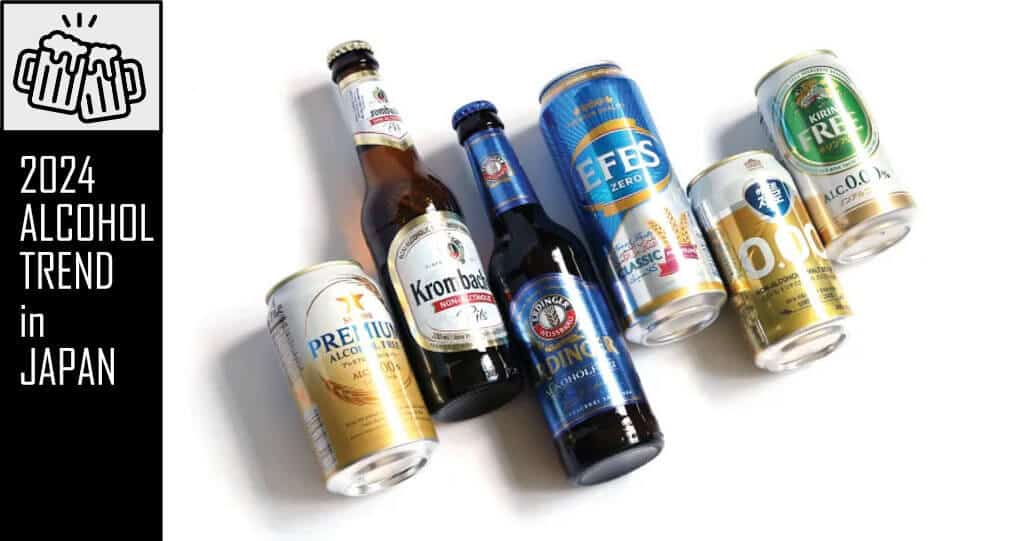
Alcohol Trend in Japan: A 2024 Snapshot
-



The Balanced Plate: Understanding the Japanese Diet and Magowayashii Philosophy
-


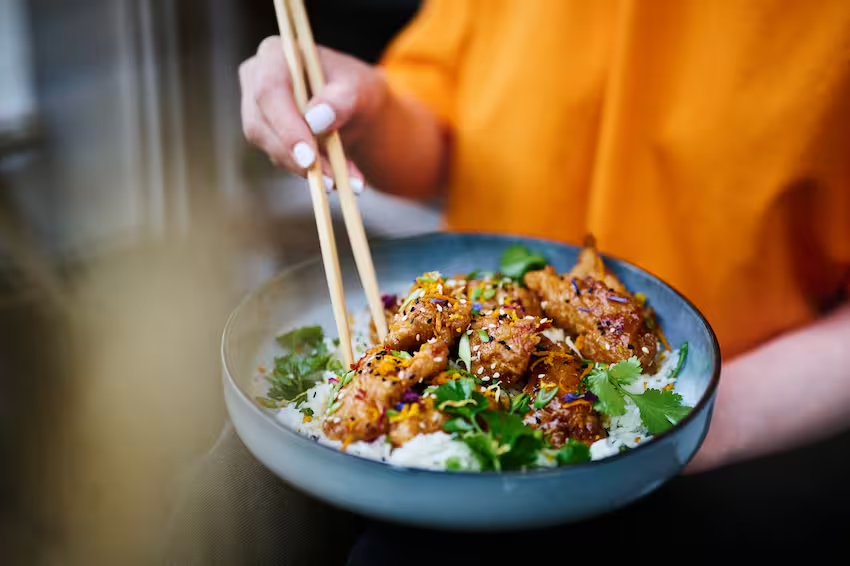
Why Japanese Cuisine is Perfect for Corporate Gatherings
-


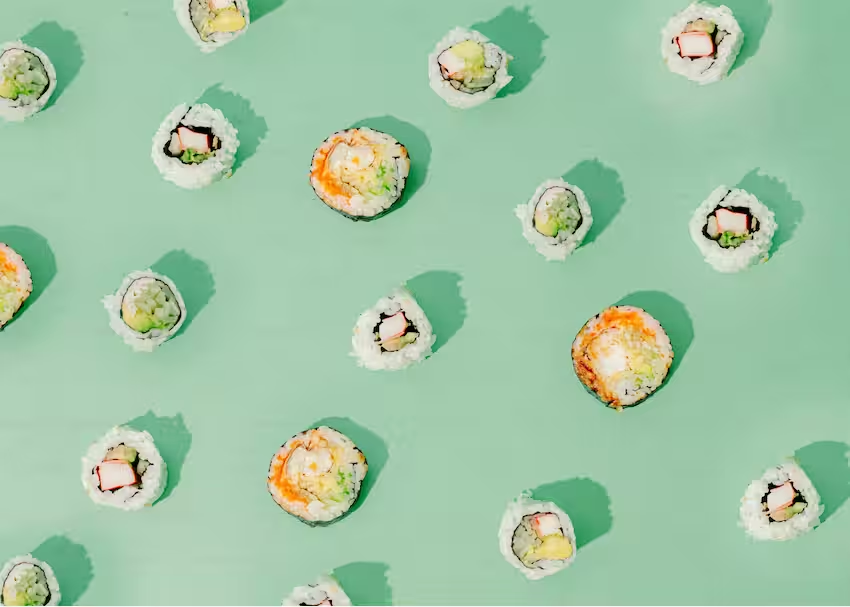
The Intersection of Japanese Culinary Traditions and Global Influences: A Flavorful Journey
-



Best Food to Eat in Winter 2024
Suntory whiskey (サントリーウイスキ)
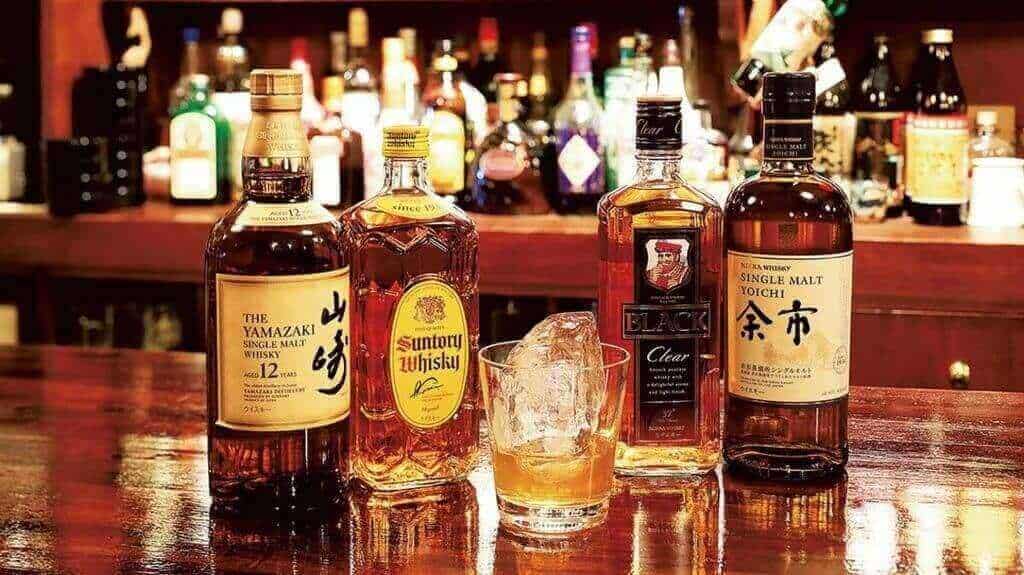
Suntory Whiskey is an iconic name synonymous with the rich tradition and innovation of Japanese whiskey-making. Renowned for its diverse range of flavors and expressions, it captivates enthusiasts with its unparalleled taste and heritage. Now, let’s learn more about this type of whiskey.
What is Suntory whiskey?
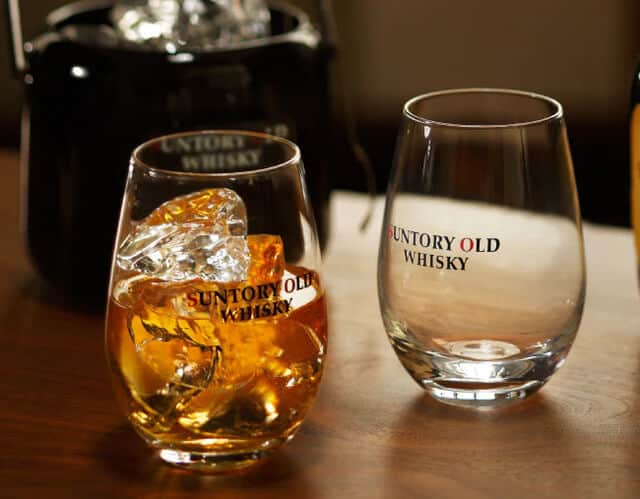

Suntory is a big name in Japan when it comes to whiskey. They are considered pioneers in Japanese whisky production. They became a well-known Japanese beverage company that produces a variety of alcoholic beverages, including whiskey. Suntory Whiskey is renowned for its quality and craftsmanship, with several popular brands under its umbrella, such as Yamazaki, Hakushu, and Hibiki. Having founded the first-ever Japanese whisky distillery back in 1923. This suntory remains a leading producer of whiskey in Japan and a respected name in the global whiskey market.
Suntory whiskey Origin
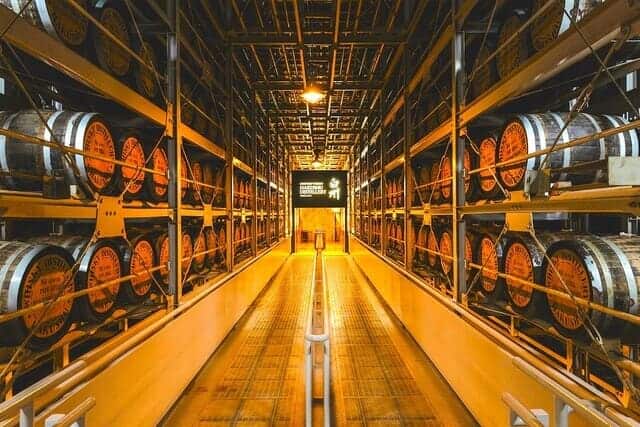

Suntory, a Japanese beverage company, was founded by Shinjiro Torii in 1899. Initially, it focused on importing and distributing Western liquors, wines, and other beverages. In 1923, Shinjiro Torii established the Yamazaki Distillery in Yamazaki, near Kyoto. This marked the beginning of whiskey production in Japan. They chose the location for its pure water source and favorable climate, similar to whiskey-producing regions in Scotland.
Their first attempt, Suntory Shirofuda in 1929, wasn’t a hit, but it marked the beginning of their whisky adventure. Learning from Shirofuda’s reception, Suntory focused on crafting whisky suited to Japanese tastes – lighter and more delicate than Scotch. This led to the birth of Suntory Kakubin, a blended whisky that became a huge success and remains Japan’s top seller.
Instead of replicating Scotch whiskies, Suntory focused on creating a lighter and more delicate style that resonated with Japanese palates. This led to the success of the iconic “Kakubin” blend launched in 1937. 1984 release of “Yamazaki 12 Years,” a pioneering single malt that helped put Japanese whisky on the world map. The brand celebrated their 100th anniversary last year, 2023.
Differences in production and taste of three major whiskies
We will explore the differences between the three most popular Japanese whiskies, Yamazaki, Hakushu, and Hibiki, which are extremely popular both domestically and internationally.
Yamazaki
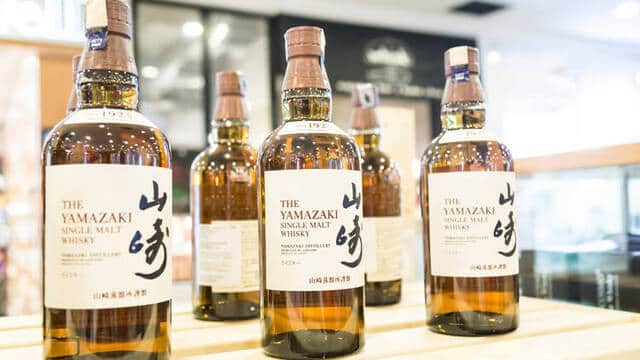

Yamazaki whiskey originates from the Yamazaki Distillery, where every bottle is exclusively crafted. Compared to blended varieties like Hibiki, each Yamazaki whiskey bears a distinct character due to the individuality of each distillery. Despite being single malt, variations arise due to differing water sources, raw materials, brewing methods, barrel materials, and processes, resulting in unique flavors. Yamazaki is renowned for its sweet taste, rich aroma, and smooth texture.
Hakushu
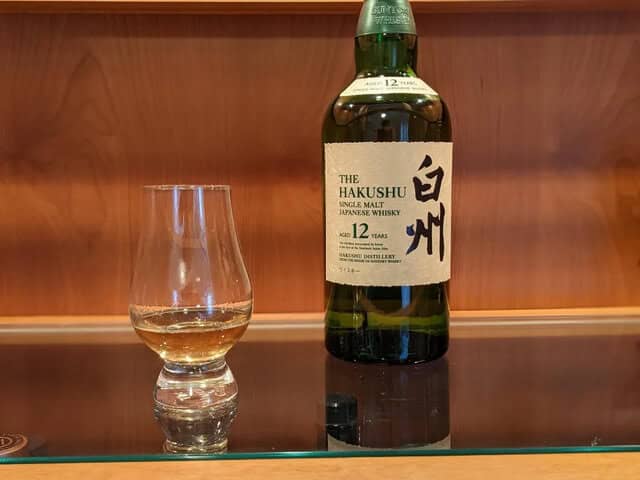

Hakushu whiskey stands out for its utilization of exceptionally soft water, leading to a crisp, clean taste with a dry finish. Distinctive smoky notes emerge from the use of peat during the drying process of the ingredients. Initially, the smoky aroma might seem overwhelming, but over time, it becomes an acquired taste, elevating the overall experience.
Hibiki
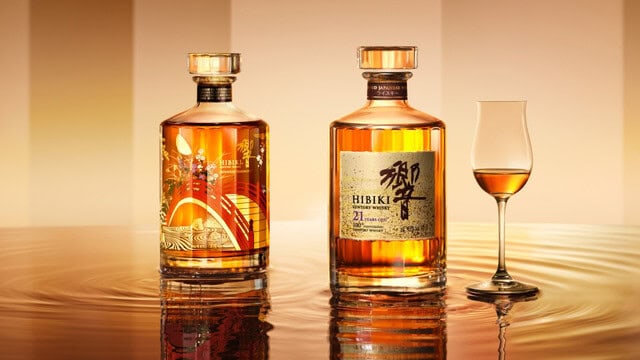

Hibiki, being a blended whiskey, offers a harmonious balance of flavors and renowned for its approachability. Despite its blended nature, Hibiki maintains a soft and luxurious mouthfeel, making it highly enjoyable. Crafted through the blending of various sake types, Hibiki embodies an artistic expression of Japanese craftsmanship, earning admiration worldwide.
12 Recommended Suntory products
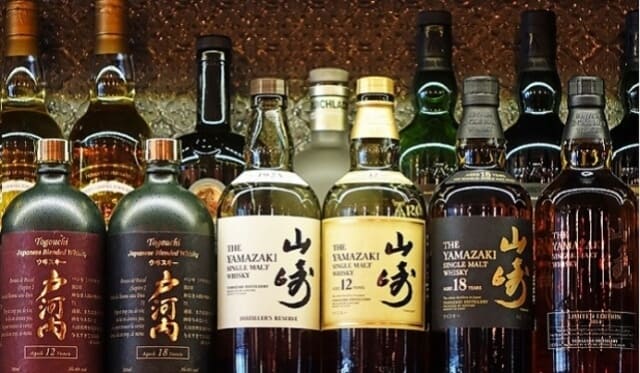

Malt
1. Suntory Single Malt Whiskey Yamazaki
Delicate, complex, and deep flavor. They carefully select and carefully blend extremely rare malts. A representative single malt from Japan with a delicate and elegant taste.
| Yamazaki | Alcohol content: 43%, reference price: 4,200 yen |
| Yamazaki 12 years | Alcohol content: 43%, reference price: 8,500 yen |
| Yamazaki 18 years | Alcohol content: 43%, reference price: 2,5000 yen |
| Yamazaki 25 years | Alcohol content: 43%, reference price: 125,000 yen |
2. Suntory Single Malt Whiskey Hakushu
It has a fresh and subtle smoky flavor like young leaves of the forest, with various unblended sakes that have the complexity and depth typical of “Hakushu.”
| Hakushu | Alcohol content: 43%, reference price: 4,200 yen |
| Hakushu 12 years | Temporarily closed |
| Hakushu 18 years | Alcohol content: 43%, reference price: 25,000 yen |
| Hakushu 25 years | Alcohol content: 43%, reference price: 125,000 yen |
Blended
3. Suntory Whiskey Hibiki
Regardless of the age of the whiskey, it is a masterpiece made with a variety of whiskeys and craftsmanship cultivated throughout whisky-making history. It has a gorgeous aroma and a deep yet soft taste.
| Hibiki JAPANESE HARMONY | Alcohol content: 43%, reference price: 5,000 yen |
| Hibiki BLENDER’S CHOICE | Alcohol content: 43%, reference price: – yen |
| Hibiki 21 years | Alcohol content: 43%, reference price: 25,000 yen |
| Hibiki 30 years | Alcohol content: 43%, reference price: 125,000 yen |
4. Suntory Royal
Royal is a whiskey that locals released to commemorate Suntory’s 60th anniversary. Its charm lies in its exquisite blend of aroma, taste, and color, allowing you to enjoy its rich and elegant taste.
| royal | Alcohol content: 43%, reference price: 3,360 yen |
| royal slim | Alcohol content: 43%, reference price: 2,920 yen |
5. Suntory Whiskey Special Reserve
“Reserve” has been a popular long-seller along with Royal and Old since its release in 1969. This is a blended whiskey with a luxurious black and white monotone bottle design. Characterized by a mellow texture taste and a sweet scent similar to vanilla.
| special reserve | Alcohol content: 40%, reference price: 2,680 yen |
6. Suntory Whiskey Old
Old is a whiskey with a rounded bottle and is affectionately known as “Daruma”. The gorgeous, fruity taste derived from sherry barrels allows you to enjoy a mellow and slightly sweet aftertaste.
| old | Alcohol content: 43%, reference price: 1,880 yen |
7. Suntory Whiskey Kakubot
Suntory Whiskey Square Bottle is one of Suntory’s best-selling products. The taste is a well-balanced blend of bourbon barrel whiskey from Yamazaki Distillery and Hakushu Distillery and has a sweet aroma and a rich body.
| square bottle | Alcohol content: 40%, reference price: 1,590 yen |
8. Suntory Whiskey Toris Classic
It is popular as a whiskey that anyone can enjoy because it is easy to drink in arrangements such as cocktails and highballs, and you can also drink this on the rocks or mixed with water.
| Toris〈Classic〉 | Alcohol content: 37%, reference price: 900 yen |
| Tris (extra) | Alcohol content: 40%, reference price: 1,080 yen |
9. Suntory White
The taste is similar to Suntory Royal, and its appeal is that it is smooth and easy to drink. It has excellent cost performance and is a brand that is easy to recommend for everyday use.
| white | Alcohol content: 40%, reference price: 1,174 yen |
10. Suntory Red 39°
It has a caramel-like sweetness, making it easy to try even for those who don’t like spicy whisky, which has a strong alcoholic effect.
| red | Alcohol content: 39%, reference price: 884 yen |
11. Suntory World Whiskey Ao
This is the world’s first special whiskey that blends the world’s five major whiskeys made at our distillery. It has a sweet and gorgeous aroma and a mellow taste, with a pleasant smoky aftertaste.
| World Whiskey Ao | Alcohol content: 43%, reference price: 6,000 yen |
Grain
12. Suntory Whiskey Chita
This is a single-grain whiskey created using the various craftsmanship and craftsmanship cultivated over many years at the Chita Distillery in Aichi Prefecture. Characterized by its light taste and faintly sweet aroma.
| Chita | Alcohol content: 43%, reference price: 3,800 yen |
Suntory whiskey FAQ
- Regarding the ease of drinking Yamazaki and Hakushu
-
Yamazaki whiskey is known for its rich, rich flavor, but some consumers may find it too strong. On the other hand, Hakushu whiskey has a light texture and a refreshing taste, making it especially recommended for whiskey beginners and people who prefer a lighter taste.
- Which one is more popular among the major whiskies?
-
Ultimately, whether Yamazaki or Hakushu is more popular depends on individual preference. Yamazaki whiskey is chosen by those who seek its deep flavor and complex aroma, while Hakushu whiskey is chosen by those who like its refreshing feel and ease of drinking. Both have firmly established their positions as Japan’s leading whiskey brands.
How to make Suntory whiskey?
Barley Preparation
Raw barley undergoes a selection process, favoring two-rowed barley known for its suitability in malt whisky production. The germinated barley is dried to produce malt, essential for saccharification, the conversion of starch into sugar. Location selection for distilleries emphasizes access to quality water, a crucial element for whiskey production, with considerations for taste, odor, and mineral balance.
Saccharification Preparation
Malted barley is crushed and mixed with warm water, initiating saccharification as enzymes in the malt convert starch into sugar. The resulting porridge, known as wort, undergoes filtration, yielding a solution ready for fermentation.
Fermentation
Wort ferments over approximately 60 hours, facilitated by the addition of yeast, leading to the conversion of sugar into alcohol and carbon dioxide. Fermentation completes, resulting in moromi, a fermented liquid with an alcohol content of around 7%.
Distillation
Moromi undergoes distillation in copper pot stills, first and second distillations, to increase alcohol concentration to 65-70%. The process utilizes the boiling point difference of alcohol to extract volatile components, including alcohol and aroma, resulting in “New Pot” whiskey.
Aging and Storage
Newly distilled whiskey matures in barrels for extended periods, with aging durations ranging from 3 to 10 years, influencing flavor and color development. Various barrel types, sizes, and storage conditions contribute to complex reactions, shaping the whiskey’s characteristics over time.
Blending
Vatting involves the blending of malt spirits to create distinct whiskey expressions, such as Yamazaki 12 Year Old, crafted exclusively from malt whiskey aged for over 12 years. Age indications represent the minimum age of the malt base sake used, with the average age of vatted malt source sake typically slightly higher, showcasing the artistry of blending.
Where to go to try Suntory Whisky?
Suntory Whisky House (サントリーウイスキーハウス)
Suntory Whisky House follows the concept of proposing a rich lifestyle with whisky and offers a Whiskey Gallery/Barrel, Whisky Dining, and Whisky Bottle Bar. It serves as a base for disseminating information about whisky, and aims to create and develop Western liquor culture by proposing a rich lifestyle with whiskey. In addition, the food menu is all carefully selected to go well with whisky. Whiskey House offers a marriage of food that goes well with whisky, proposed by its creator, the blender
Takeaway


Suntory Whiskey stands as a symbol of Japanese craftsmanship and dedication to quality. From carefully selected raw ingredients to production processes, every step is infused with a commitment to excellence. The result is a diverse range of whiskies, each with its own unique character and flavor profile, earning Suntory a well-deserved reputation both locally and globally. Whether enjoyed neat, on the rocks, or in a cocktail, Suntory Whiskey offers a taste of Japan’s rich heritage and innovation in every sip.
If you are into different Japanese alcoholic drinks, you can try out our recommendations below!




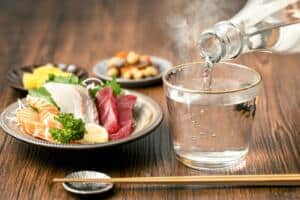


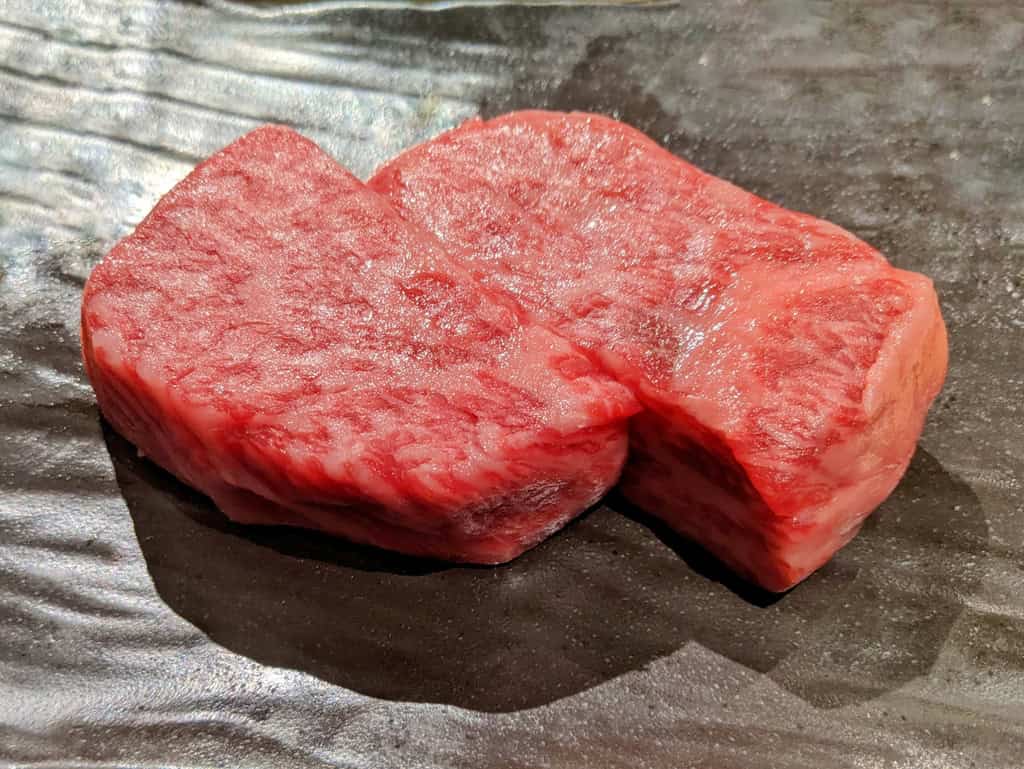
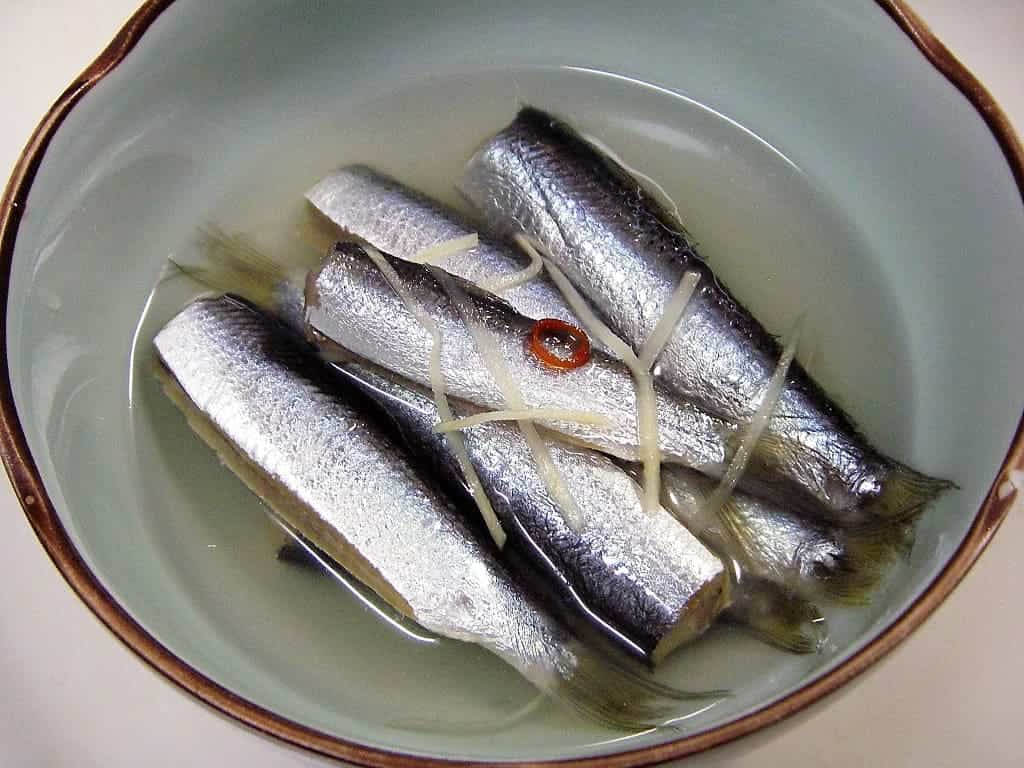
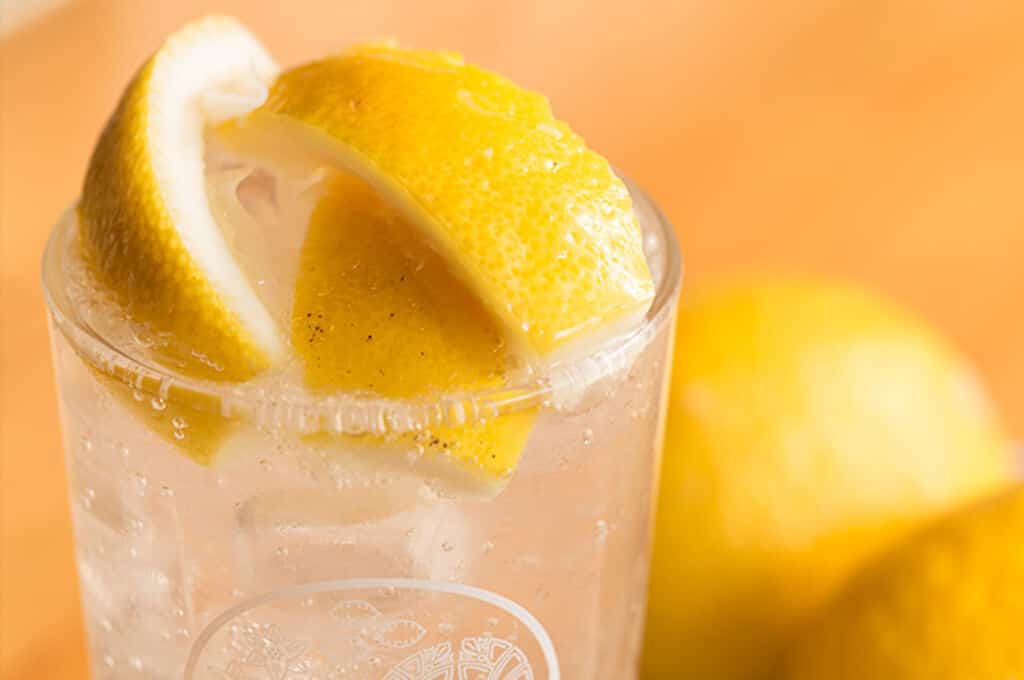
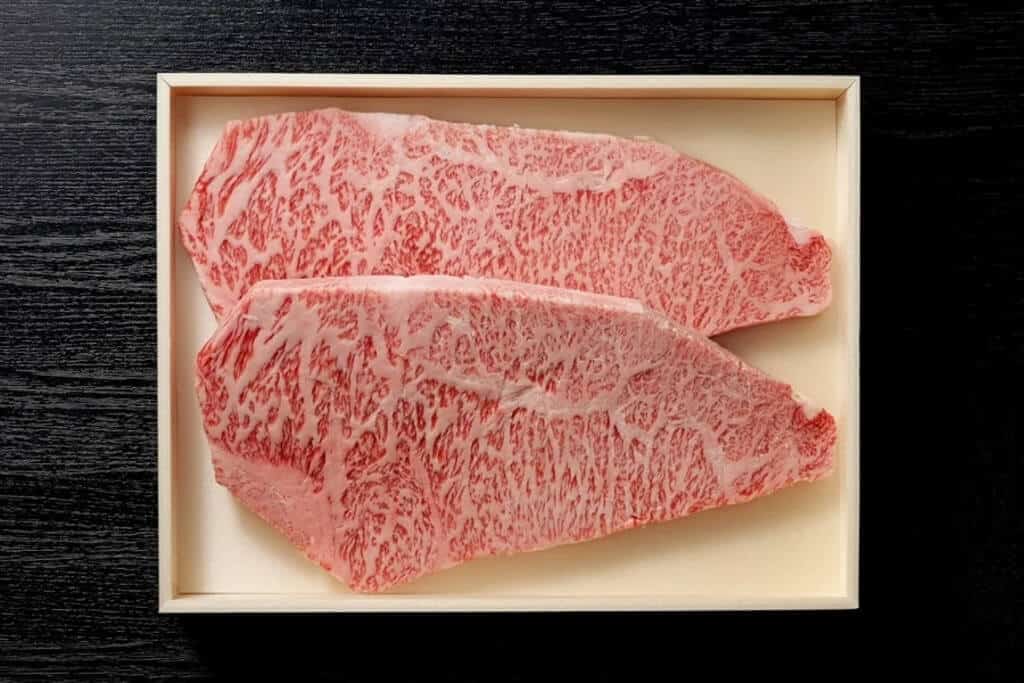
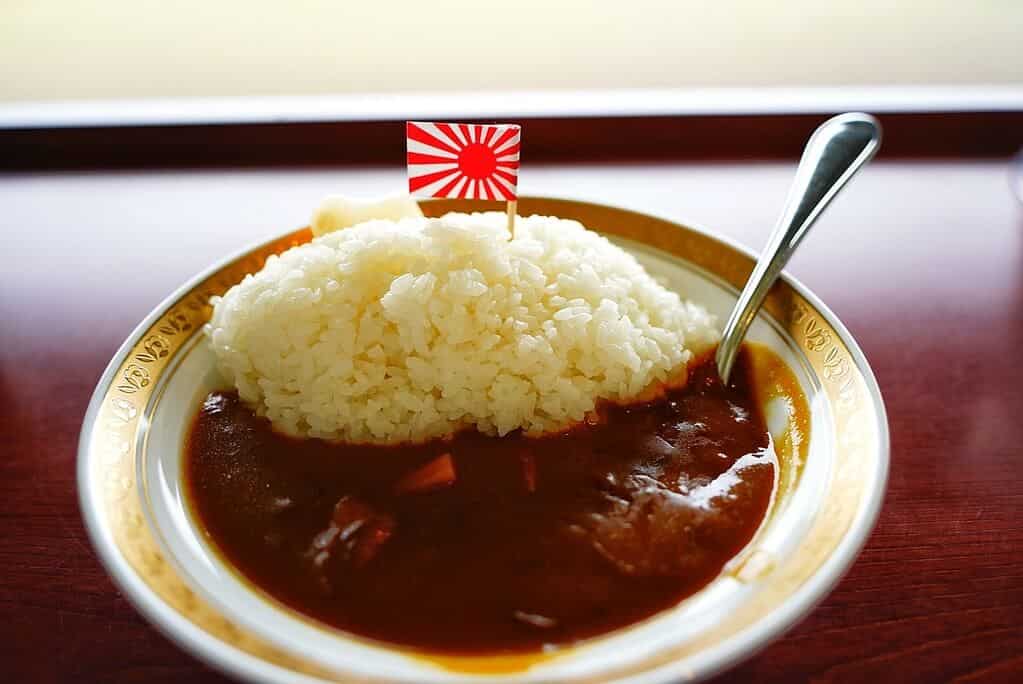

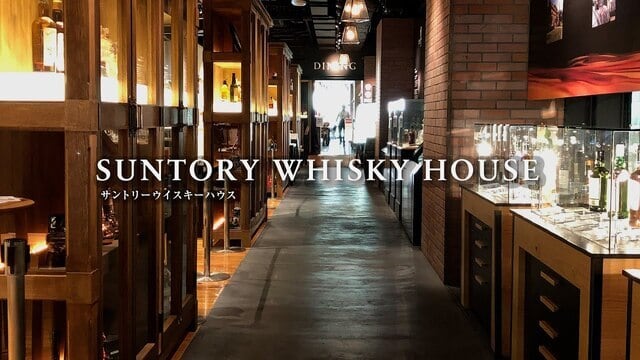
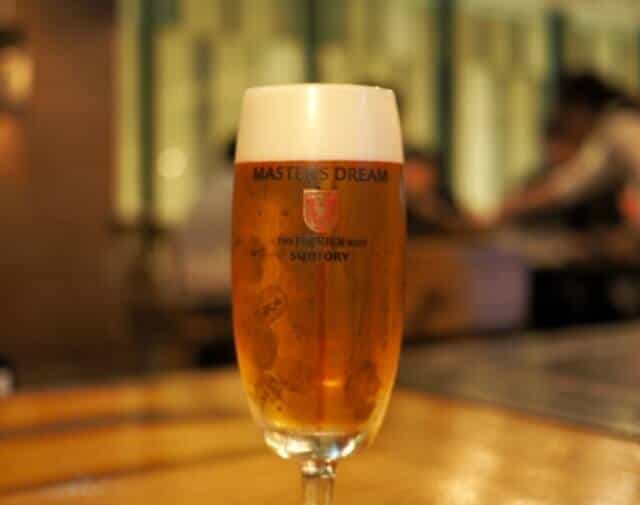
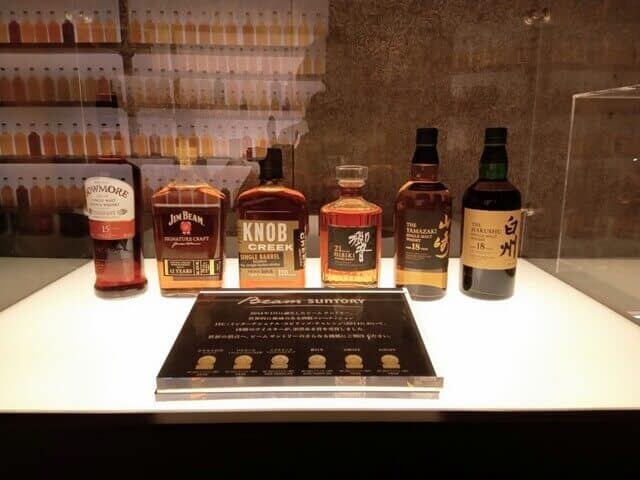
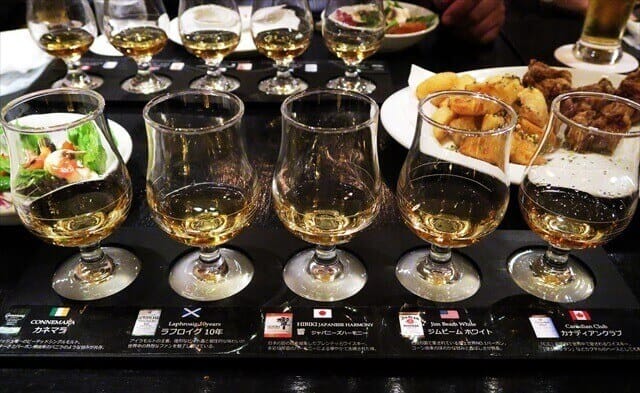
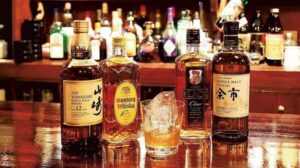
Comments